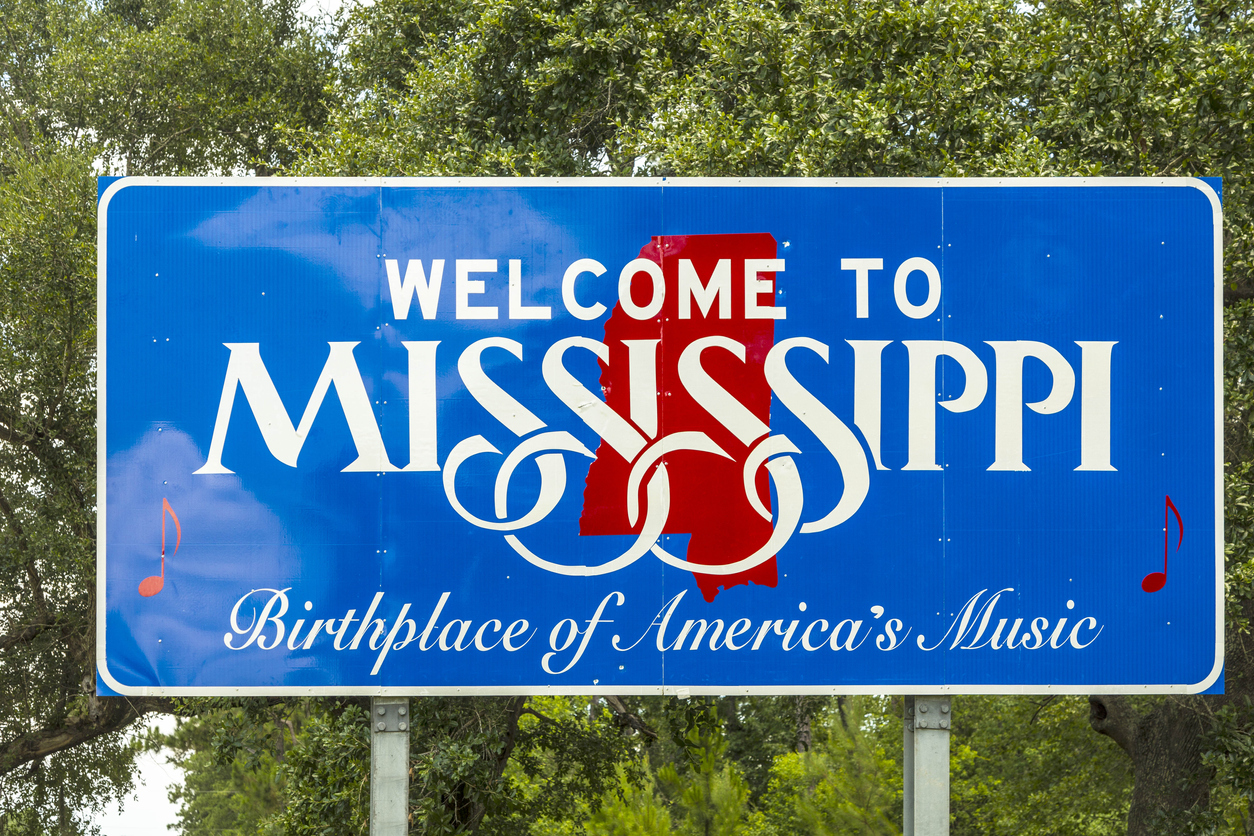While researching the issue of late notice of a property loss in Mississippi, I came across a case involving a failure to appear at an examination under oath.1 The language of the Order speaks for itself:
The Mapleton court found that the insured’s failure to submit to an EUO before filing suit, while a violation of a condition precedent of the policy, did not terminate the insured’s right to coverage, as it did not result in ‘prejudice to the insurer.’…The insurer gave no indication that ‘time was of the essence’ with respect to the EUO, and failed to demonstrate ‘that proceeding with an EUO became legally, or even practically, impossible once the lawsuit was filed.’ ..Rather, the insurer ‘elected to seize on Mapleton’s mistake, forego its right to an EUO, and seek dismissal of this case based on Mapleton’s failure to comply with the Policy’s condition precedent.’ Id. Finding the insurer’s motion to dismiss the breach of contract claim unpersuasive, the Mapleton Court appropriately denied it.
Middlesex’s motion to reconsider is similarly unavailing. Even assuming for present purposes the Mapleton court’s interpretation of the EUO requirement as a condition precedent to the insurance, dismissal of Plaintiffs’ breach of contract claim in the present case is inappropriate. In cases involving conditions precedent analogous to the EUO requirement at issue here, Mississippi courts apply a prejudice inquiry. Specifically:
The [Mississippi] Supreme Court has held that where an insurance policy requires notice as a condition precedent to coverage, coverage may still be allowed unless the insurer suffered prejudice due to delay; that prejudice is a question of fact.
Middlesex fails to offer any reason why conducting an EUO after Plaintiffs filed suit prejudices its investigation. Nothing in the filings before this Court indicates that Middlesex has ever attempted to reschedule the November 2019 EUO. Finally, a fresh review of the record supports this Court’s earlier ruling that ‘[t]aking the facts in the light most favorable to the Plaintiffs, they were willing to submit to EUOs.’… Under such circumstances, reconsidering the judgment under Rule 54(b) is inappropriate.
Middlesex then contends that this Court’s March 2021 Order ‘effectively renders both the examination under oath provision and the Legal Action Against Us provision meaningless.’ …This interpretation, Middlesex submits, ‘is contrary to Mississippi law on contract interpretation.’ . . . Not so. As discussed above, Plaintiffs’ failure to submit to a pre-suit EUO is not meaningless. Middlesex has simply not shown that Plaintiffs’ failure to sit for a pre-suit EUO resulted in prejudice. Thus, this Court will deny Middlesex’s motion.
Does this mean that a policyholder can file a lawsuit and escape an examination under oath? No. The court merely indicated that the insurer must show some type of prejudice under Mississippi law. It also means that where there has been late notice of loss, the insurer can escape any liability if it can show that late notice resulted in prejudice.
So, the safe actions by Mississippi policyholders are to appear for examination under oath and do not provide late notice of a loss.
Thought For The Day
The first rule of hurricane coverage is that every broadcast must begin with palm trees bending in the wind.
—Carl Hiaasen
_________________________________
1 Cox McCarver, LLC v. Sentry Ins. Grp., No 3:19-CV-862 (S.D. Miss. Aug. 25, 2021).





